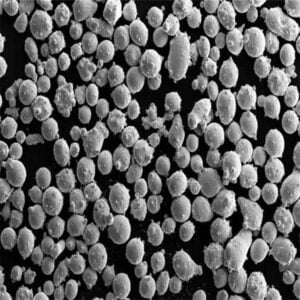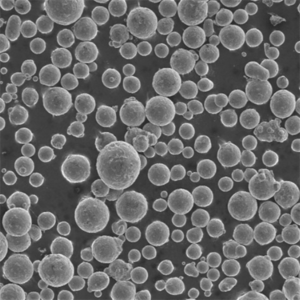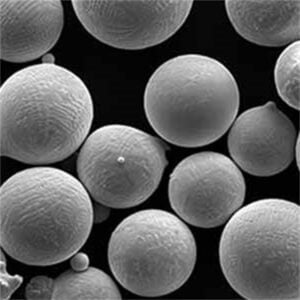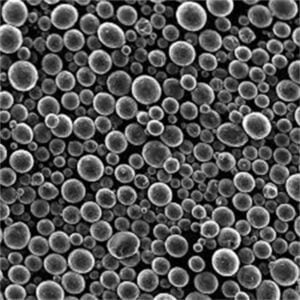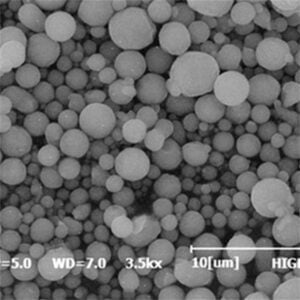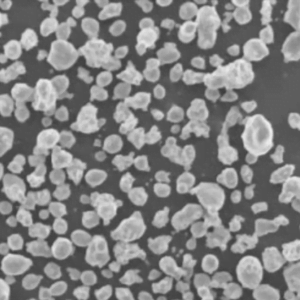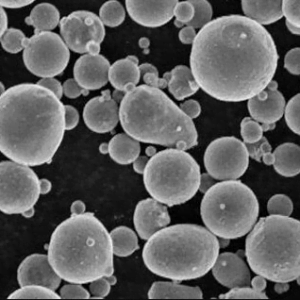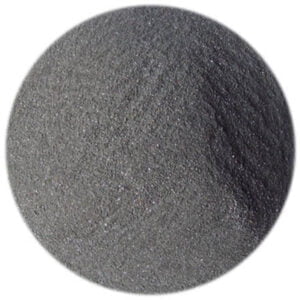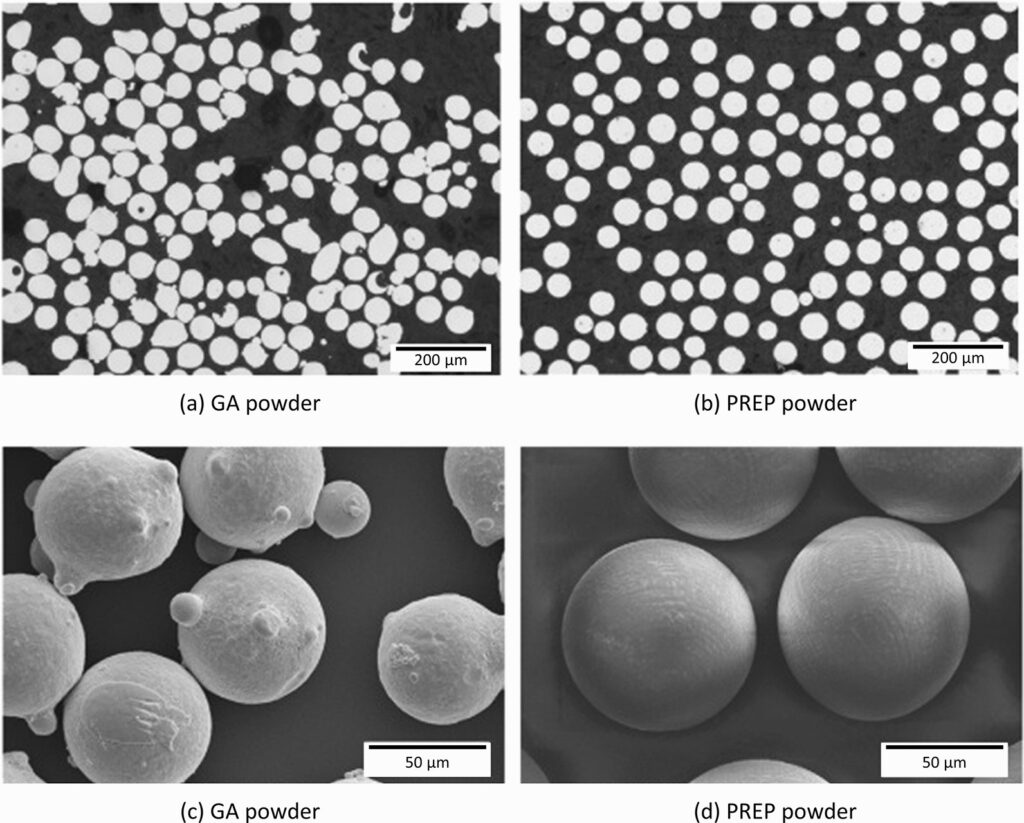
Copper-Aluminium Alloy Powder: The Best Choice for Long-Lasting Reliability
Low MOQ
Provide low minimum order quantity to meet different needs.
OEM & ODM
Provide customized products and design services to meet unique customer needs.
Adequate Stock
Ensure fast order processing and provide reliable and efficient service.
Customer Satisfaction
Provide high quality products with customer satisfaction at the core.
share this article
Table of Contents
If you’re exploring the world of metal alloys, Copper-Aluminium Alloy Powder is a material that deserves your attention. Known for its versatility, strength, and corrosion resistance, this alloy is widely used across industries, including automotive, aerospace, and electronics. But what makes it so special? How does it compare to other metal powders? And why should you consider it for your next project?
In this comprehensive guide, we’ll dive deep into Copper-Aluminium Alloy Powder. We’ll break down its composition, properties, applications, specifications, and more. Whether you’re an engineer, manufacturer, or simply curious about this fascinating material, by the end of this article, you’ll have a thorough understanding of Copper-Aluminium Alloy Powder and its many uses.
Overview of Copper-Aluminium Alloy Powder
Copper-Aluminium Alloy Powder, often referred to as aluminium bronze powder, is a metal alloy made primarily from copper (Cu) and aluminium (Al). This alloy is known for its high strength, excellent corrosion resistance, and good machinability. Depending on the specific composition, the properties of the alloy can vary, making it suitable for a diverse range of industrial applications.
The combination of copper and aluminium creates a unique alloy with properties that make it ideal for high-stress environments. Whether you’re dealing with extreme temperatures, harsh chemicals, or high wear and tear, Copper-Aluminium Alloy Powder can handle it.
Key Features of Copper-Aluminium Alloy Powder
- High Strength: Stronger than pure copper, ideal for high-stress components.
- Excellent Corrosion Resistance: Resistant to oxidation and corrosion, especially in marine environments.
- Good Thermal and Electrical Conductivity: While not as conductive as pure copper, it still offers sufficient thermal and electrical conductivity for various applications.
- Wear Resistance: Durable and resistant to abrasion, making it ideal for moving parts.
- Aesthetic Appeal: The alloy’s golden hue makes it perfect for decorative applications.
Composition of Copper-Aluminium Alloy Powder
The composition of Copper-Aluminium Alloy Powder can vary depending on the desired properties and the specific application. Typically, the alloy consists of copper and aluminium as the primary elements, with small amounts of other metals added to enhance specific characteristics like strength, machinability, or corrosion resistance.
Common Composition
| Element | Percentage (%) | Impact on Properties |
|---|---|---|
| Copper (Cu) | 75% – 90% | Provides ductility, thermal conductivity, and corrosion resistance. |
| Aluminium (Al) | 5% – 12% | Enhances strength, hardness, and wear resistance. |
| Iron (Fe) | 1% – 3% | Increases tensile strength and hardness. |
| Nickel (Ni) | 0% – 5% | Improves corrosion resistance and adds to strength. |
| Manganese (Mn) | Trace amounts | Adds to oxidation resistance and durability. |
The balance between copper and aluminium dictates the alloy’s strength, ductility, and resistance to corrosion. For example, higher aluminium content increases hardness and wear resistance, while higher copper content offers better electrical conductivity and workability.
Properties and Characteristics of Copper-Aluminium Alloy Powder
What makes Copper-Aluminium Alloy Powder stand out? The answer lies in its unique combination of mechanical and physical properties. Compared to other metal powders, it strikes a fine balance between strength, conductivity, and corrosion resistance, making it a go-to material for various industries.
Mechanical and Physical Properties
| Property | Value | Description |
|---|---|---|
| Density | 7.5-8.2 g/cm³ | The density varies depending on the aluminium content and other elements. |
| Melting Point | 1025°C – 1050°C | The alloy’s melting point is higher than pure copper, making it suitable for high-temperature applications. |
| Tensile Strength | 400-800 MPa | Known for its high tensile strength, especially in high-aluminium alloys. |
| Hardness (Brinell) | 120-200 HB | Depending on the composition, the alloy offers excellent hardness. |
| Electrical Conductivity | 15-30% IACS | Lower than pure copper, but still suitable for electrical applications. |
| Thermal Conductivity | 40-60 W/m·K | Offers good thermal conductivity, though lower than pure copper. |
| Corrosion Resistance | Excellent | Highly resistant to corrosion, especially in marine and chemical environments. |
Why Copper-Aluminium Alloy Powder Is Ideal for High-Stress Applications
One of the standout features of Copper-Aluminium Alloy Powder is its ability to withstand high-stress environments. The combination of strength, corrosion resistance, and thermal stability makes it the perfect choice for components that need to endure heavy loads, extreme temperatures, and harsh chemicals.
Applications of Copper-Aluminium Alloy Powder
Thanks to its versatile properties, Copper-Aluminium Alloy Powder is used in a wide range of industries. Whether you need a material that can handle high wear and tear, offer corrosion resistance, or provide aesthetic appeal, this alloy has you covered.
Common Uses of Copper-Aluminium Alloy Powder
| Industry | Application | Reason for Use |
|---|---|---|
| Aerospace | Engine components, bushings, bearings | High strength and resistance to high temperatures and corrosion. |
| Marine | Propellers, pumps, valves, fittings | Exceptional corrosion resistance in saltwater environments. |
| Automotive | Gears, bearings, transmission components | High wear resistance and durability under load. |
| Electrical | Connectors, switches, terminals | Good electrical conductivity combined with strength. |
| Manufacturing | Molds, precision parts, machinery | High machinability and wear resistance. |
| Decorative Arts | Sculptures, jewelry, architectural elements | Offers a golden hue and durability in decorative applications. |
Aerospace and Marine Applications
In the aerospace industry, Copper-Aluminium Alloy Powder is used in engine components, bushings, and bearings due to its strength and ability to withstand high temperatures. Meanwhile, in marine environments, its corrosion resistance makes it ideal for propellers, valves, and pumps.
Automotive and Electrical Applications
In the automotive industry, the alloy is commonly used in gears, bearings, and transmission components, where high wear resistance is required. In electrical applications, it’s used for connectors and terminals, offering a balance between electrical conductivity and durability.
Specifications, Sizes, and Standards for Copper-Aluminium Alloy Powder
When sourcing Copper-Aluminium Alloy Powder, it’s crucial to consider the specifications, sizes, and standards to ensure you’re getting the right product for your needs.
Specifications and Grades
| Specification | Description |
|---|---|
| Purity | Typically 75% – 90% Cu, with 5% – 12% Al and trace elements. |
| Particle Size | Available in sizes ranging from 10 microns to 200 microns. |
| ISO Certification | Assures the material meets quality management standards. |
| ASTM B150 | Standard specification for aluminium bronze powder compositions. |
| Form | Available as powder, granules, or pre-compacted forms for ease of handling. |
Choosing the Right Size and Grade
The particle size of Copper-Aluminium Alloy Powder will depend on your application. Fine powders (under 50 microns) are typically used for additive manufacturing and precision parts, while larger particles are better suited for casting and sintering.
Suppliers and Pricing of Copper-Aluminium Alloy Powder
When it comes to purchasing Copper-Aluminium Alloy Powder, prices can vary depending on factors such as purity, particle size, and supplier reputation. Below is a breakdown of some well-known suppliers and their pricing structures.
Top Suppliers and Prices
| Supplier | Price Range (per kg) | Notes |
|---|---|---|
| American Elements | $40 – $150 | Offers high-purity aluminium bronze powders for industrial applications. |
| Makin Metal Powders | $50 – $130 | Specializes in aluminium bronze powders for automotive and aerospace. |
| Belmont Metals | $45 – $140 | Provides custom particle sizes and high-grade bronze powders. |
| Höganäs AB | $55 – $160 | Known for precision-grade powders for additive manufacturing. |
Factors Influencing Pricing
Several factors influence the price of Copper-Aluminium Alloy Powder, including:
- Aluminium Content: Higher aluminium content typically leads to a lower cost, as aluminium is cheaper than copper.
- Particle Size: Finer powders are more expensive due to the complexity of production.
- Supplier Reputation: Established suppliers may charge more, but they often provide better quality control and certified standards.
Advantages and Limitations of Copper-Aluminium Alloy Powder
Like any material, Copper-Aluminium Alloy Powder has its advantages and limitations. Understanding these will help you determine if it’s the right choice for your project.
Advantages
| Advantage | Why It’s Important |
|---|---|
| Corrosion Resistance | Ideal for marine and chemical environments where oxidation is a concern. |
| High Strength | Suitable for high-stress applications such as aerospace and automotive. |
| Wear Resistance | Excellent wear resistance, making it ideal for moving parts. |
| Machinability | Easy to machine, allowing for precision engineering of complex components. |
| Aesthetic Appeal | The alloy’s golden hue makes it attractive for decorative applications. |
Limitations
| Limitation | Why It’s a Concern |
|---|---|
| Lower Conductivity | Not as conductive as pure copper, limiting its use in high-performance electrical applications. |
| Cost | More expensive than some other metal powders, such as zinc or iron. |
| Oxidation | Can tarnish over time, developing a patina in certain environments. |
Copper-Aluminium Alloy Powder vs Other Metal Powders
When deciding between Copper-Aluminium Alloy Powder and other metal powders, it’s important to consider the specific properties and requirements of your project.
Comparison of Copper-Aluminium Alloy Powder to Other Metal Powders
| Metal Powder | Strengths | Weaknesses |
|---|---|---|
| Copper-Aluminium Alloy Powder | Excellent strength, corrosion resistance, and wear resistance. | Lower conductivity compared to pure copper. |
| Copper-Zinc Alloy Powder | More affordable, good corrosion resistance. | Lower strength and wear resistance compared to aluminium bronze. |
| Stainless Steel Powder | High strength and corrosion resistance. | Poor electrical conductivity compared to Copper-Aluminium. |
| Bronze Powder | High strength and durability in marine environments. | More expensive than Copper-Aluminium Alloy Powder. |
Frequently Asked Questions (FAQs)
| Question | Answer |
|---|---|
| What is Copper-Aluminium Alloy Powder used for? | It’s used in aerospace, marine, automotive, electrical, and decorative applications for making gears, bearings, and propellers. |
| How much does Copper-Aluminium Alloy Powder cost? | Prices range from $40 to $160 per kg, depending on purity and particle size. |
| Can Copper-Aluminium Alloy Powder be used for 3D printing? | Yes, it’s suitable for additive manufacturing and powder metallurgy applications. |
| What industries commonly use Copper-Aluminium Alloy Powder? | It’s widely used in aerospace, marine, automotive, electrical, and manufacturing sectors. |
| Is Copper-Aluminium Alloy Powder environmentally friendly? | Yes, it’s recyclable, and its long lifespan reduces the overall environmental impact. |
| How does Copper-Aluminium Alloy Powder compare to pure copper? | It offers better strength and wear resistance, but has lower electrical conductivity than pure copper. |
| Can Copper-Aluminium Alloy Powder tarnish over time? | Yes, it can develop a patina over time, especially in outdoor applications due to oxidation. |
Conclusion: Is Copper-Aluminium Alloy Powder Right for Your Project?
At the end of the day, Copper-Aluminium Alloy Powder is a highly versatile material with a wide range of applications. Whether you’re working in aerospace, marine, automotive, or decorative arts, this alloy offers an excellent combination of strength, corrosion resistance, wear resistance, and machinability.
However, it’s important to weigh the advantages and limitations before making your final decision. While Copper-Aluminium Alloy Powder excels in high-stress environments, it might not be the best option for high-conductivity applications.
If you’re looking for a durable, corrosion-resistant, and aesthetically pleasing material, Copper-Aluminium Alloy Powder is a fantastic choice.
Get Latest Price
About Met3DP
Product Category
HOT SALE
CONTACT US
Any questions? Send us message now! We’ll serve your request with a whole team after receiving your message.

Metal Powders for 3D Printing and Additive Manufacturing
COMPANY
PRODUCT
cONTACT INFO
- Qingdao City, Shandong, China
- [email protected]
- [email protected]
- +86 19116340731






